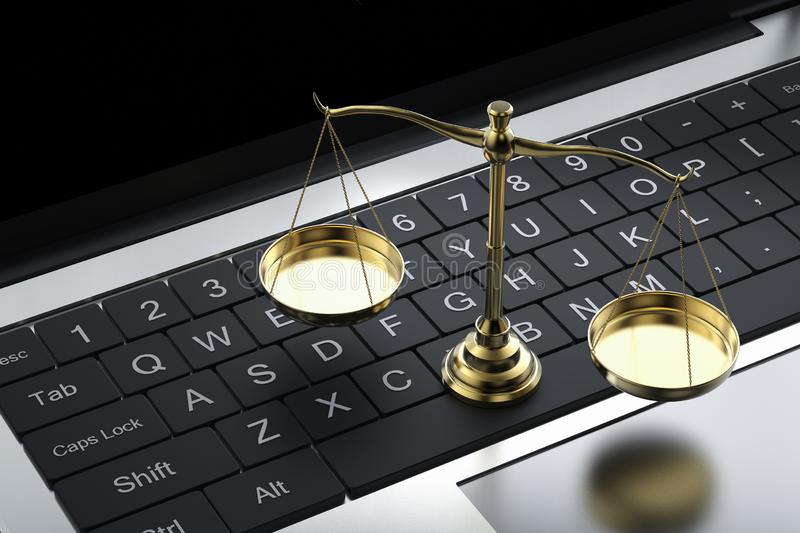BY AKASH RATHI, LEX MAVEN
The Information Technology Act 2000 has been enacted with the solemn object to provide legal recognition for transactions carried out by means of electronic data interchange and other means of electronic communication, commonly referred to as “electronic commerce”, which involve the use of alternatives to paper-based methods of communication and storage of information.
Section 4 of the Act states as follows –
Legal recognition of electronic records.–Where any law provides that information or any other matter shall be in writing or in the typewritten or printed form, then, notwithstanding anything contained in such law, such requirement shall be deemed to have been satisfied if such information or matter is– (a) rendered or made available in an electronic form; and (b) accessible so as to be usable for a subsequent reference.
Section 5 of the Act states as follows –
Legal recognition of electronic signatures–Where any law provides that information or any other matter shall be authenticated by affixing the signature or any document shall be signed or bear the signature of any person, then, notwithstanding anything contained in such law, such requirement shall be deemed to have been satisfied, if such information or matter is authenticated by means of electronic signature affixed in such manner as may be prescribed by the Central Government.
Explanation.–For the purposes of this section, “signed”, with its grammatical variations and cognate expressions, shall, with reference to a person, mean affixing of his hand written signature or any mark on any document and the expression “signature” shall be construed accordingly.
The aforesaid provisions grants legal recognition to all sorts of documents and transactions if executed or carried out electronically and which were generally carried out or entered in writing or in the typewritten or printed form in a traditional way as prescribed in any other law.
However, Section 1(4) of the Act states that Nothing in this Act shall apply to documents or transactions specified in the First Schedule
Hence this provision excludes certain categories of Documents and transactions from the application of the Information Technology Aft 2000 and they are required to be executed as prescribed in any other law.
The first schedule to the Act contains following entries –
- A negotiable instrument as defined in Section 13 of the Negotiable Instrument Act, 1881 (26 of 1881 (other than a cheque, a Demand Promissory Note or a Bill of Exchange issued in favour of or endorsed by an entity regulated by the Reserve Bank of India, National Housing Bank, Securities and Exchange Board of India, Insurance Regulatory and Development Authority of India and Pension Fund Regulatory and Development Authority).
- A power-of-attorney as defined in section 1A of the Powers-of-Attorney Act, 1882 (7 of 1882) [but excluding those power-of-attorney that empower an entity regulated by the Reserve Bank of India, National Housing Bank, Securities and Exchange Board of India, Insurance Regulatory and Development Authority of India and Pension Fund Regulatory and Development Authority to act for, on behalf of, and in the name of the person executing them.].
- A trust as defined in section 3 of the Indian Trust Act, 1882 (2 of 1882).
- A will as defined in clause (h) of section 2 of the Indian Succession Act, 1925 (39 of 1925), including any other testamentary disposition by whatever name called.
Hence the aforesaid documents and transactions are specifically excluded and they are required to be executed as mandated in respective laws and their execution in electronic form are not recognised and protected under Information Technology Act 2000.

